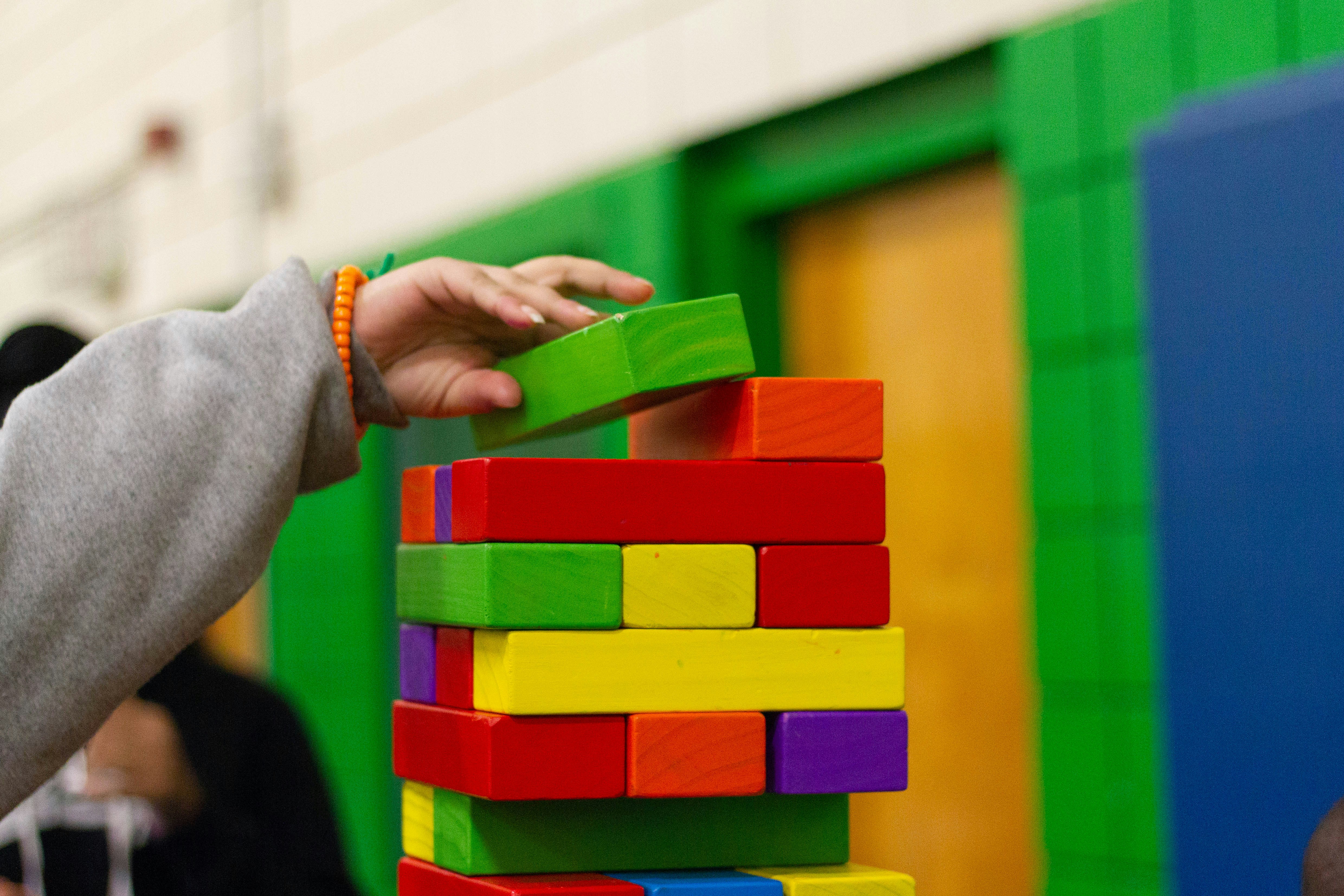Context
The UN's Sustainable Development Goals (SDGs) prioritize equitable access to quality Early Childhood Education (ECE), emphasizing children's cognitive, social, and emotional development (SDG 4.2). This includes monitoring children under 5 to ensure they are on track in health, learning, and psychosocial well-being globally. Such monitoring identifies those needing additional support to access inclusive ECE services.
Inclusive Play-based Early Childhood Education (IPECE) caters to children aged 3 and up, fostering holistic development through play-based learning. It supports cognitive, physical, social, and emotional growth, encouraging exploration of their environment.
Solution
IPECE programs focus on developing creativity, curiosity, and social skills through interactions with peers and trained educators (Ebbeck and Waniganayake, 2016). These initiatives also support the development of language, logical reasoning, early literacy, and mathematical concepts in a play-based environment (ISCED 2011). The first five years of a child's life are critical for brain development, with 85% occurring during this period. Inclusive Play-based Early Childhood Education ensures all children have equal opportunities to learn and thrive, regardless of their background or circumstances.
Impact
In Indonesia, partners Yayasan Penderita Cacat Mental (YPCM) and Yayasan Sosial Ibu Anfrida (YSIA) facilitate IPECE in non-formal preschools, integrating 23 children with disabilities. This inclusion enhanced their social, emotional, behavioral, and language development, improving self-reliance and physical capabilities in a supportive environment.












